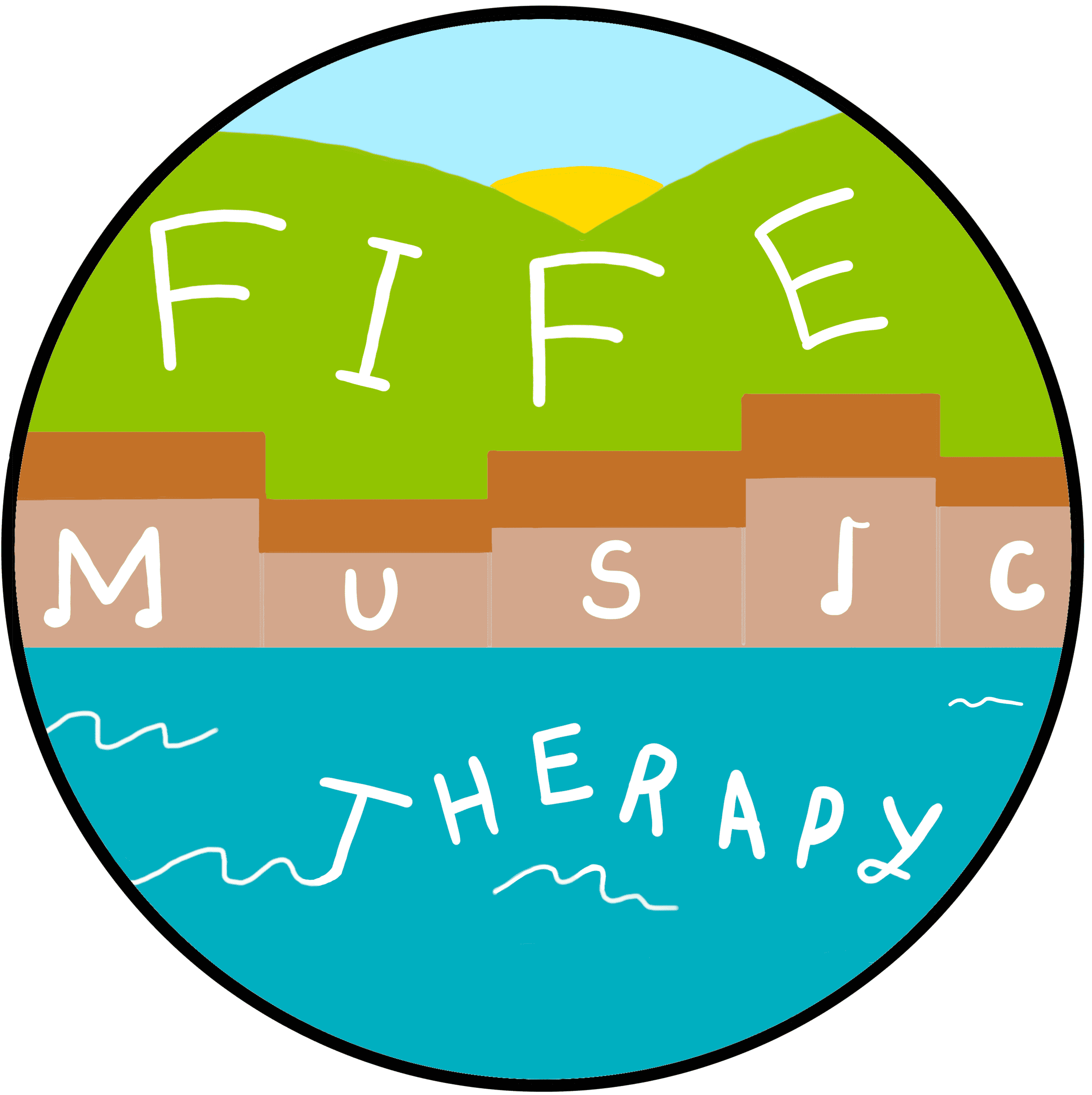Frequently Asked Questions
Where are you based?
Therapy sessions can be held in your own home, school, outdoors or another location of you choice.
Can I refer myself?
Yes you can, if you are under 16 you will need written permission from your parent/guardian.
Is music therapy confidential?
Music Therapy provides a safe and confidential space for clients. In the rare circumstance our therapist needs to contact the authorities in relation to the welfare of a client or a disclosure made in a therapy session, the client will be consulted where possible.
Are you qualified to work with children and adults?
Our therapist is qualified to work with children and adults of all ages. He is a member of the PVG scheme and accredited through the Health and Care Professions Council.
How many sessions will I need?
The amount of therapy sessions someone will need will depend on each client’s circumstances and what they would like to focus on in therapy. Some people need our support for a few sessions while we can continue to support a client in the long-term or intermittently – as required. We recommend a new clients starts with 3 sessions to understand the therapy process, get to know the therapist and how he can best support them.
What if we meet by chance in public?
In the interest of confidentiality and boundaries, if we see each other in the community I will not seek to say hello to you. You may ignore me or exchange a smile. If we bump into each other, conversation will be kept to a minimum. This is also for your own peace of mind if you are with people that you don’t want to know you are in therapy.
Is Sound Therapy the same as Music Therapy?
“Sound Therapy” is a loose term used to describe music listening workshops designed to relax participants through singing and the playing of instruments tuned to specific pitches with claims of healing and becoming “in harmony with the universe. Sound Therapy and Sound Therapists are not regulated, unlike Music Therapy.
In the UK, ‘Music Therapist’ is a protected title. Music Therapists adhere to clear guidelines set by the Health & Care Professions Council and are trained by accredited institutions that maintain close understandings of what music therapy is. Music therapy has a strong evidence base and music therapists focus on clear therapeutic goals underpinned by a rigid psychodynamic framework. Music Therapy does not need to be about relaxation.
